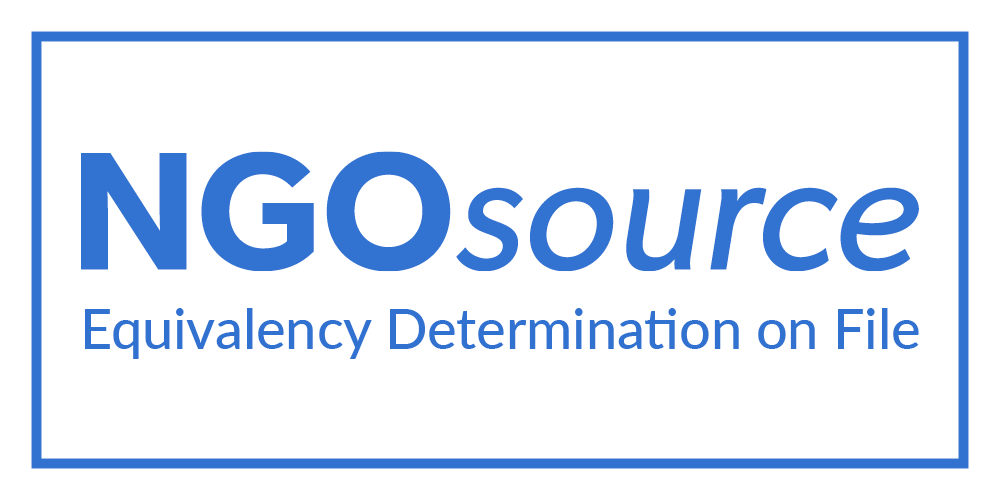
Women’s Working Group on Financing for Development
Webinar Series
Macro Solutions for Women, the People and the Planet
A series of action-oriented dialogues on the macro agendas and the current crises
Feminists want system change, not climate change!
In search of a decolonial, feminist global green new deal
By Denisse Vélez Martínez
In recent times, from the most progressive wings of activism, civil society, academia and even politics has circulated a term that is gaining strength every day and that is dyed in many colors: New Deal. Without a little context, it does not tell us much about what is being proposed in the face of the multiple crises that we witness as humanity.
The New Deal refers to the economic recovery policies implemented by the Roosevelt government after the Great Depression in the 1930s in the United States, which addressed unemployment, low wages, the rapacity of the financial sector, lack of infrastructure and regional inequalities. Today, colours have been added to the term to show that recovery, and not only from the crisis we now face, must be based on a significant increase in public spending on a global scale.
The current dominant economic system mounts its global structure on the tension between capital and life; its androcentric and colonial principles that privilege profit and commodified and monetized space do not work for people or for the planet and puts us on the verge of privatization, financialization and precarization of existence. This must change; systemic changes are urgently needed not only to recover from COVID-19, but to achieve equity, equality, and social justice, so that people are placed at the centre of decisions.
This was the main meeting point in the fifth installment of the virtual conference series organized by the Women’s Working Group on Financing for Development in collaboration with the Rosa Luxemburg Stiftung; this time the panelists were Richard Kozul-Wright, Director of the Division on Globalization and Development Strategies at UNCTAD and author of the report Financing a Global Green New Deal, of the same agency; Bhumika Muchhala, lawyer and activist in international political economy in issues of inequality, rights and justice; Joan Carling, indigenous activist from the Philippines and co-coordinator of the Indigenous Peoples’ Major Group for Sustainable Development Comments were also made by Nadja Charaby, Senior Climate Policy Advisor at the Rosa Luxemburg Stiftung; the presentation was made by Tetet Nela Lauron, climate justice activist and part of the Rosa Luxemburg Stiftung, and Emilia Reyes, Director of Policy and Budgeting for Equality and Sustainable Development at Gender Equity, Citizenship, Work and Family served as moderator.
At the beginning, Tetet Nela Lauron situated the conversation by referring to the magnitude and severity of the impacts that the climate emergency will bring if it is not addressed at its source, which is fundamentally a problem of justice. She said that we must question how to finance a just and equitable transition as part of a climate-sensitive recovery that includes the entire financial system. The moderator noted that, in this regard, the discussion does not revolve around the monetary factor but rather around the normative.
Richard Kozul-Wright presented a first approach; he took a journey from world economic history to understand what a New Deal implies as an entry point to a systemic change that addresses the causes of hyperglobalization. Contrary to the recovery guided by financial and labour market regulation, the redistributive and restructuring agenda undertaken after the Great Depression, hyperglobalization is the result of post-war multilateralism, with commodification, financialization, concentration and monopolization, and is based on the excessive financial power that could guide and redefine the rules of the game at the national and international levels for the next few years.
Without a doubt, their participation brought to the table key points that show the simplicity of the “leave no one behind” narrative contained in the Sustainable Development Goals, since they do not address the systemic origins of inequality and insecurity, and even more, they expect their financing to come from private capital to solve problems that it has itself created and from which it has benefited.
The proposal is to promote a global green new deal led by broad public investment, combined with a set of holistic measures within the framework of a multilateral system that is not tied to the interests of financial capital and monopolistic corporations, but based on new democratic principles, open to different local and regional voices.
Bhumika Muchhala added to this discussion a decolonial perspective to remind us that the climate crisis highlights the interdependent relationships between people and the planet, and therefore requires collective action. She pointed out that in the first instance a feminist and decolonial new deal opposes the hierarchies of race, gender, class, caste and sexuality that underpin neoliberal, capitalist and colonial narratives and systems, and argued that the ecological collapse we are experiencing is a direct result of an unequal social contract in which these hierarchies have shaped our social and economic relations.
She also spoke of the multiple implications of coloniality, such as the extractive dimension via commodities, the fossil business, knowledge production, concentration of wealth, illicit financial flows, sovereign debts, austerity, dispossession, and food systems. She highlighted three key feminist points for a green new deal: considering (i) gender as a system that structures power relations rooted in the sexual division of labour, (ii) the care economy as the mainstay of the rest of the monetized economy represents the largest unpaid subsidy and is so important that the current pandemic has shown us the indispensability of care work and the consequences of the lack of public services, and (iii) the feminist rationale as a concrete link to women’s economic and social human rights, through international instruments such as the Convention on the Elimination of All Forms of Discrimination against Women and the Beijing Platform for Action.
Finally, Muchhala outlined as components sustainable economic and productive systems that include social protection floors, universal basic income, decent work, natural resource regeneration, anti-racist and feminist representation, and meaningful governance.
Added to the richness of this panel was the perspective of the indigenous peoples with the participation of Joan Carling, who emphasized that the indigenous populations have been at the forefront of collective resistance to colonialism and the imposition of the capitalist system that are contrary to the reciprocal relations with nature and values to ensure the conservation, welfare and survival of flora, fauna and people.
She was very clear in stating that the climate crisis does not only refer to carbon emissions, but also includes the extraction and commodification of natural resources, by which entire peoples have been dispossessed and displaced from indigenous territories. He said that a transition not only implies a shift from fossil to renewable energy, but that this must be done in a context of equity and social justice that places people at the centre of solutions; changing the “utilitarian” view of nature and placing women, indigenous peoples and small producers at the centre of decisions on management and resource handling is an entry point for structural change; indeed, the indigenous population, which represents 6. 2% of the world’s population, is the one that is protecting 80% of the planet’s biodiversity; it is necessary to direct funding to clear actions in the territory for mitigation and adaptation and not to subsidize fossil energies; to strengthen the participation of all people and not that of the financial power in climate policies, and to promote that social movements in the ground go from the local to the international and vice versa to pressure for systemic changes.
In addition to the many meeting points for thinking about systemic solutions, Nadja Charaby commented on the problematic narrative of “we are in this together”; she said that the crises are deepening and show us the existing inequalities, and insisted on asking us: what is a systemic change? To answer this, it is crucial to discuss capitalism, which also aims to “financialize every molecule on this planet, and its abusive relationship with people and the planet”. It is also a question of what kind of world do we want to live in? What kind of new deal do we want? Global: we need to discuss multilateralism and power relations between the global South and North; feminist, of course, to make the care economy visible; decolonial, without a doubt, which is why it is crucial to debate the trade regime and think about reparations for ecological damage. To end her participation, she presented the necessary reflection on the operation of the financial system, emphasizing that it must serve people and not that people work for it.
This fifth meeting was the subject of multiple questions among the participants: the role of the SDGs, the redefinition and adoption of economic growth as a comparative measure of the situation in the countries, the financialization of all possible actions and processes and their impact on people’s well-being, the guarantee of rights and the climate crisis, and particularly, how do we imagine a global feminist and decolonial new deal?
In this series of virtual feminist conferences on the world economic structure we have been spinning that the systems of oppression link to create the conditions of our lives, and it is urgent to approach them from the macro, because WE WANT SYSTEMIC CHANGES!
Co-Convenors Women’s Working Group on FfD:
Rosa Lizarde, Global Director, Feminist Task Force, Global Director; and Co-Convenor, Women’s Working Group on FfD. rosa.lizarde@feministtaskforce.org
Emilia Reyes, Program Director, Policies and Budgets for Equality and Sustainable Development, at Gender Equity: Citizenship, Work and Family; and Co-Convenor, Women’s Working Group on FfD. emilia@equidad.org.mx
In Equidad de Genero we will be publishing reviews [EN-ES] of the webinar series, which will be available on Women’s Working Group on Financing for Development YouTube channel.


